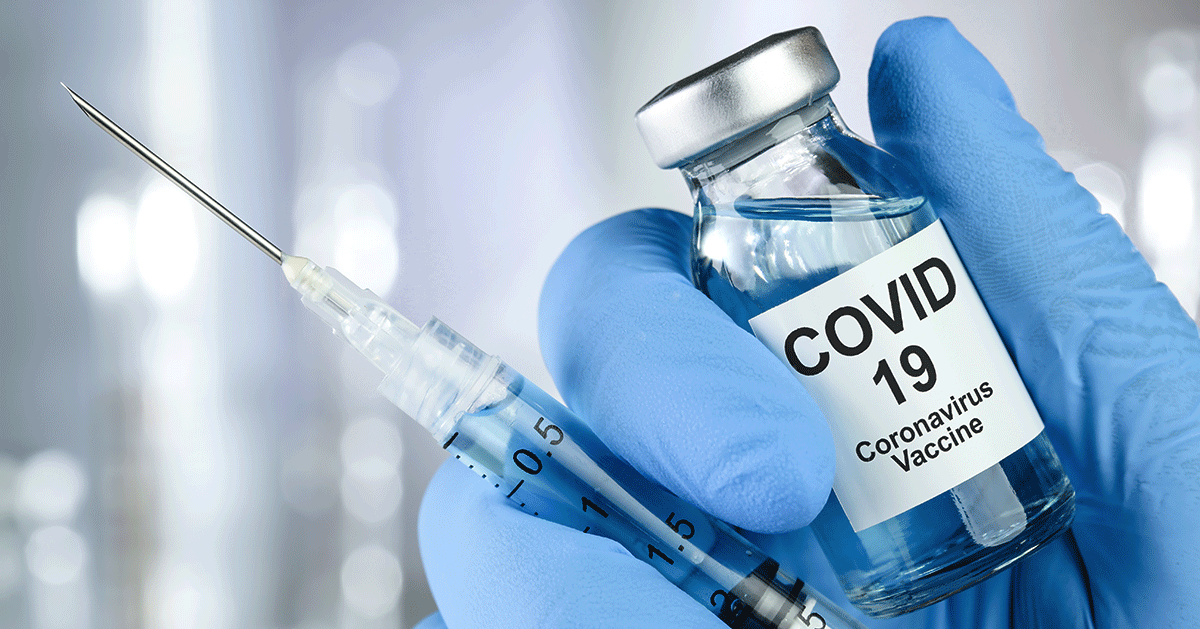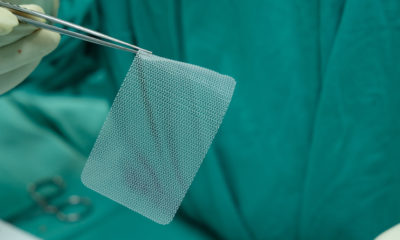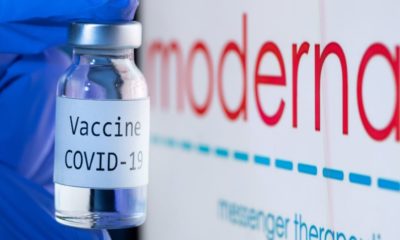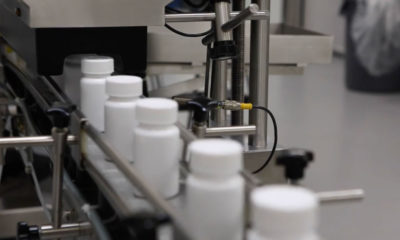When a pregnant woman is treated with valproate for epilepsy, the chances increase that her child will develop attention-deficit hyperactivity disorder.
Danish Study Associates Epilepsy Drug with ADHD
A new study conducted by researchers at Aarhus University in Denmark found that the odds of a child developing ADHD were 48 percent higher if the child was exposed to valproate as a fetus.
For the study, which was published in JAMA Network Open, researchers tracked the mental health of nearly a million babies born between 1997 and 2011 in Denmark until the children reached an average of 10 years of age.
While most pregnant women in the United States are warned not to take the epilepsy drug, physicians say the study highlights important data for women during their childbearing years. Dr. Fred Lado with the New York City Northwell Health system told U.S. News that the drug can cause birth defects in up to 10 percent of fetuses who are exposed, increase the chances of behavioral issues, and reduce children’s average IQ.
Typically, women are prescribed a different anti-seizure medication during their childbearing years, but in cases where effective alternative medications are not an option, women should be fully informed of the risks to their babies and should use contraceptives to prevent pregnancy.
Understanding ADHD
ADHD is a brain disorder that can interfere with development and functioning. Typically, people with ADHD may:
- Have difficulty staying focused on tasks and may wander off task
- Be disorganized
- Be in constant motion/restless
- Be overly fidgety or talkative
- Act with haste, without thinking about their actions
Symptoms generally appear when the child is between the ages of three and six and can continue into adulthood. Children with ADHD may struggle academically, struggle with relationships, and have problems with work performance as they age.
However, the signs and symptoms of ADHD can change over time, and hyperactivity may lessen and may often present as restlessness. Inattention, restlessness, and impulsivity may continue through adolescence and into adulthood.
ADHD can be treated with medications that can help improve focus and reduce impulsivity. Stimulants are commonly used to treat ADHD, but not all children can take them. Non-stimulant medications are also available though these are usually prescribed when a stimulant medication causes side effects or is not effective. Anti-depressants may also be used in combination with stimulants if the child suffers from anxiety, depression, or other disorder that affects mood.
Behavioral therapy, cognitive behavioral therapy, and family therapy can help the child, and the child’s family better handle disruptive behaviors and improve interactions and social skills.
If You Took Valproate During Pregnancy
Some physicians say the new study confirms that prenatal exposure to valproate increases the risk of ADHD, women who have taken the medication while they were pregnant should not be overly concerned as about only 10 percent of babies born to mothers being treated with valproate will go on to develop ADHD. The new study does not prove the drug causes ADHD. Instead, it shows that babies have an increased risk of developing the condition.
























